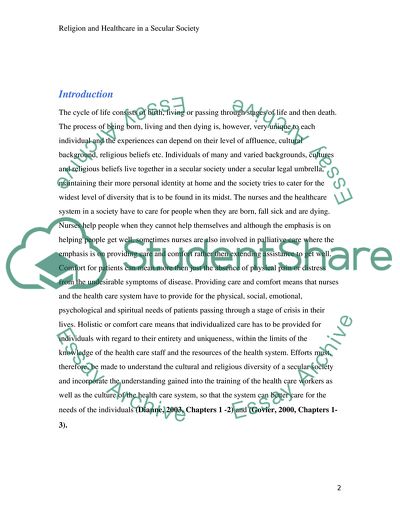Cite this document
(“Religion and Health Care in a Secular Society Essay”, n.d.)
Religion and Health Care in a Secular Society Essay. Retrieved from https://studentshare.org/religion-and-theology/1534972-religion-and-health-care-in-a-secular-society
Religion and Health Care in a Secular Society Essay. Retrieved from https://studentshare.org/religion-and-theology/1534972-religion-and-health-care-in-a-secular-society
(Religion and Health Care in a Secular Society Essay)
Religion and Health Care in a Secular Society Essay. https://studentshare.org/religion-and-theology/1534972-religion-and-health-care-in-a-secular-society.
Religion and Health Care in a Secular Society Essay. https://studentshare.org/religion-and-theology/1534972-religion-and-health-care-in-a-secular-society.
“Religion and Health Care in a Secular Society Essay”, n.d. https://studentshare.org/religion-and-theology/1534972-religion-and-health-care-in-a-secular-society.


